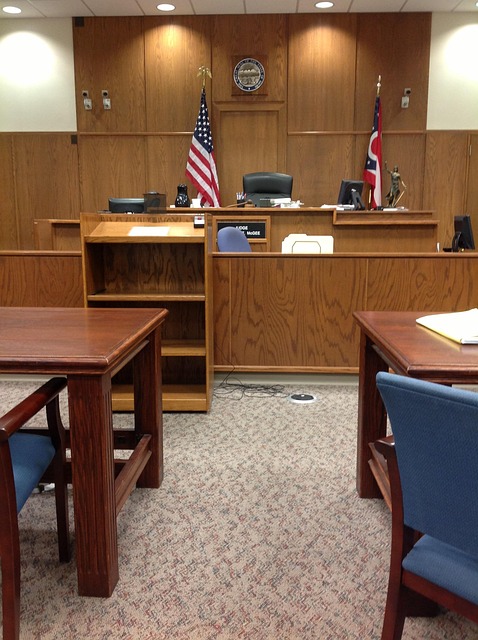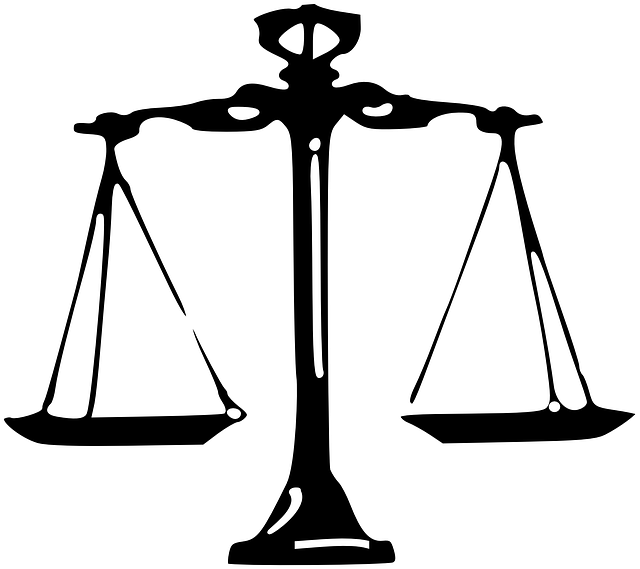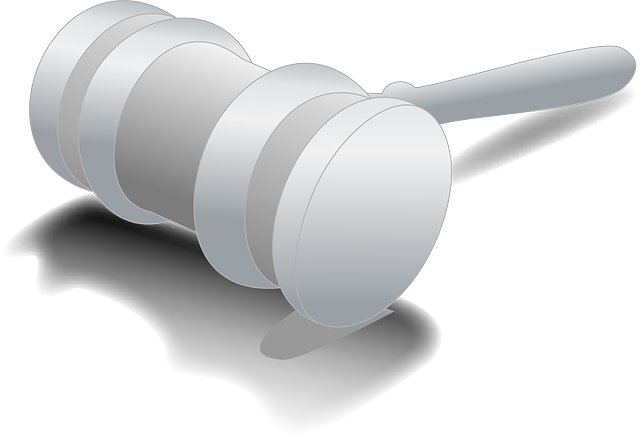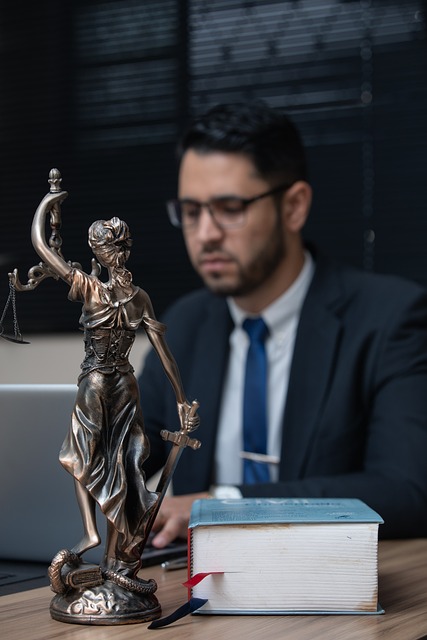The burden of proof, a key litigation concept, dictates the standards for evidence and arguments in civil and criminal cases, influencing jury verdicts. Understanding this dynamic is vital for plaintiffs and defendants alike. Effective case management relies on strategic evidence presentation, expert consultations, and tailored legal strategies to meet the required levels of certainty, ultimately shaping favorable outcomes, especially in complex disputes where expert witnesses play a crucial role in clarifying technical matters.
Litigation Support Services play a pivotal role in modern legal proceedings, especially when it comes to understanding the burden of proof. This article delves into the intricate relationship between the burden of proof and its profound impact on verdicts. We explore key considerations that influence judicial decisions, highlight the role of expert witnesses and evidence, and offer effective strategies for robust case management. Understanding how the burden of proof affects verdicts is crucial for legal professionals seeking successful outcomes.
- Understanding Burden of Proof in Litigation
- Impact on Verdicts: Key Considerations
- Role of Expert Witnesses and Evidence
- Effective Strategies for Case Management
Understanding Burden of Proof in Litigation

The burden of proof is a fundamental concept in litigation that significantly influences the outcome of cases. It refers to the legal requirement for a party in a lawsuit to present sufficient evidence and arguments to support their claims or defenses. This crucial aspect plays a pivotal role in shaping verdicts, as it determines which facts are established as true by the court. Understanding how the burden of proof affects the legal process is essential for both plaintiffs and defendants.
In civil litigation, the standard of proof typically required is “a balance of probabilities.” This means that a party must convince the judge or jury that their position is more likely to be correct than not. However, in criminal cases, which often carry higher stakes, the burden lies with the prosecution to prove guilt “beyond a reasonable doubt.” Achieving extraordinary results in court often hinges on meticulous evidence presentation and legal strategies tailored to meet these proof standards. Across the country, litigation support services have emerged to assist legal professionals in navigating complex issues like these, ensuring they can effectively manage their cases and advocate for their clients’ interests.
Impact on Verdicts: Key Considerations

The burden of proof is a fundamental concept in litigation that significantly impacts jury trials and, consequently, verdicts. It refers to the legal obligation of a party to present sufficient evidence to persuade the jury or judge of their claim’s truth. This crucial aspect plays a pivotal role in shaping the outcome of civil and criminal cases alike. Understanding how the burden of proof affects verdicts is essential for both plaintiffs and defendants in navigating the complexities of the respective business environment.
When it comes to winning challenging defense verdicts, a thorough grasp of this concept is imperative. Effective litigation support services often involve strategic evidence presentation and robust argumentation to meet the burden of proof. This includes meticulous case preparation, expert witness consultation, and utilizing relevant laws and precedents. By addressing these key considerations, legal teams can enhance their chances of securing favorable outcomes in jury trials, demonstrating a nuanced understanding of how evidentiary standards influence the final decisions in any legal dispute.
Role of Expert Witnesses and Evidence

The role of expert witnesses is pivotal in litigation support services, especially when complex matters require specialized knowledge to be understood by the court. These experts are often engaged to provide clarity on technical or scientific issues that could significantly impact the outcome of a case. Their testimony helps jurors navigate intricate facts and interpret evidence, thereby influencing how they perceive the burden of proof. The burden of proof is a critical aspect of any trial; it determines the level of certainty required for a verdict in favor of either party. A well-presented expert opinion can greatly affect this balance, potentially swaying the jury’s decision.
For his clients, whether they are corporate and individual entities or serve in philanthropic and political communities, legal professionals rely on these evidence-based insights to build robust cases. Expert witnesses offer an outside perspective, ensuring that every detail is scrutinized impartially. This objectivity is crucial when presenting complex scenarios, helping attorneys make persuasive arguments and ultimately guiding verdicts based on sound analysis.
Effective Strategies for Case Management

Effective case management is pivotal to navigating complex litigation, especially in high-stakes cases where the How Burden of Proof Affects Verdicts can significantly sway outcomes. A robust strategy starts with meticulous organization and clear communication. Lawyers should maintain detailed records, ensuring all relevant evidence is readily accessible. This approach aids in presenting a compelling argument and may even lead to avoiding indictment or achieving a complete dismissal of all charges.
Moreover, efficient case management involves proactive risk assessment. Regularly reviewing the strength of the case and potential counterarguments allows for strategic adjustments. By anticipating opposing counsel’s moves, legal teams can bolster their position and mitigate negative outcomes. This proactivity is essential in managing high-pressure situations, ensuring a more favorable verdict.
The burden of proof is a pivotal aspect that significantly influences litigation outcomes, as demonstrated by the considerations surrounding How Burden of Proof Affects Verdicts. Expert witnesses and robust evidence management play crucial roles in ensuring fair judgments. By implementing effective case management strategies, legal professionals can navigate complex cases, ultimately enhancing the accuracy and efficiency of verdicts.






